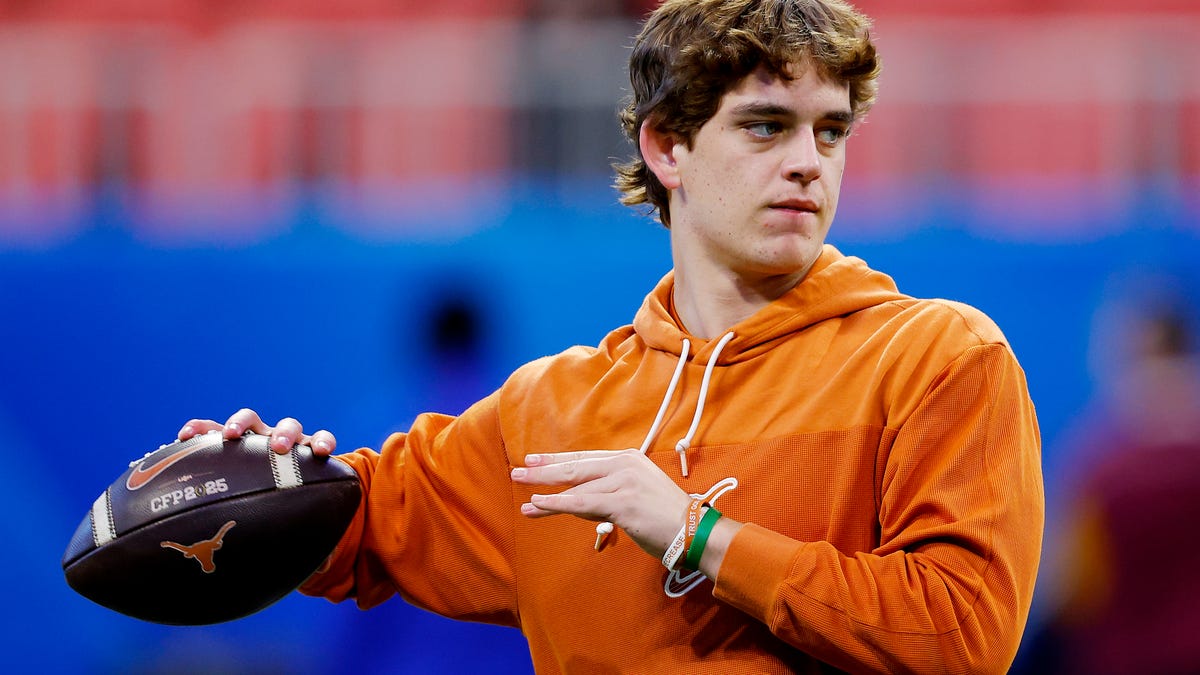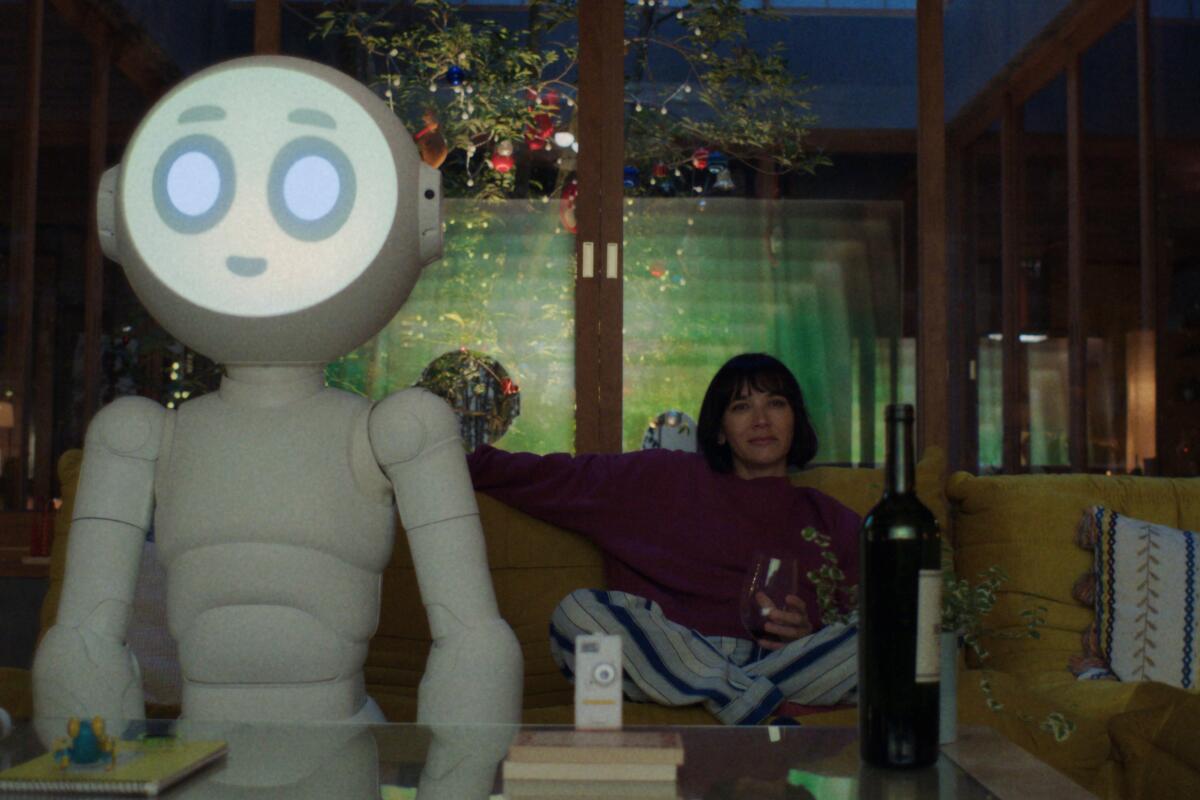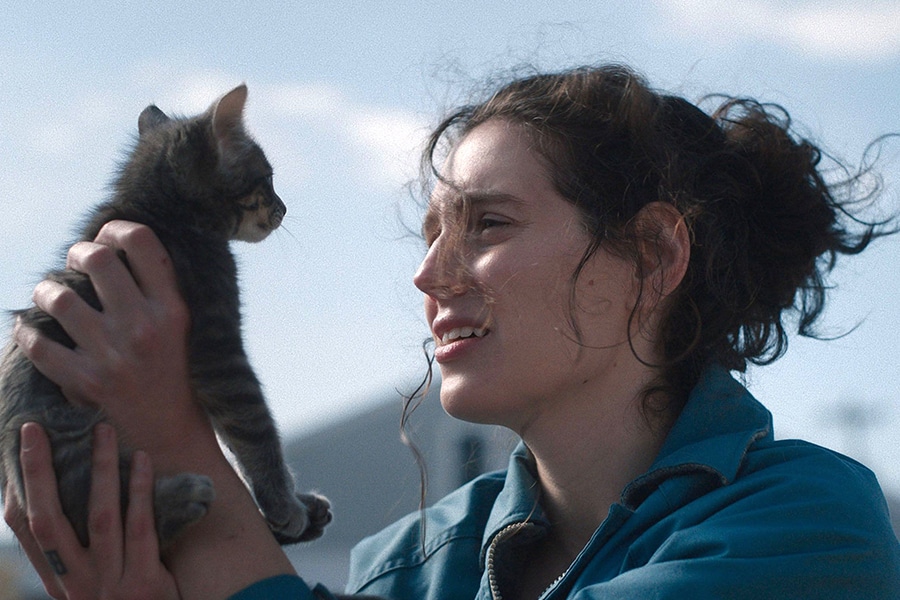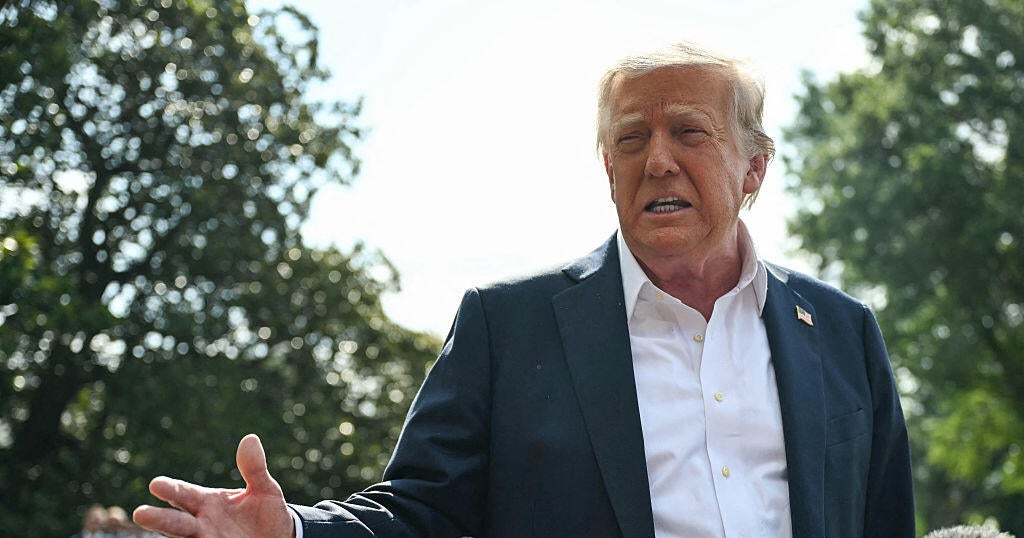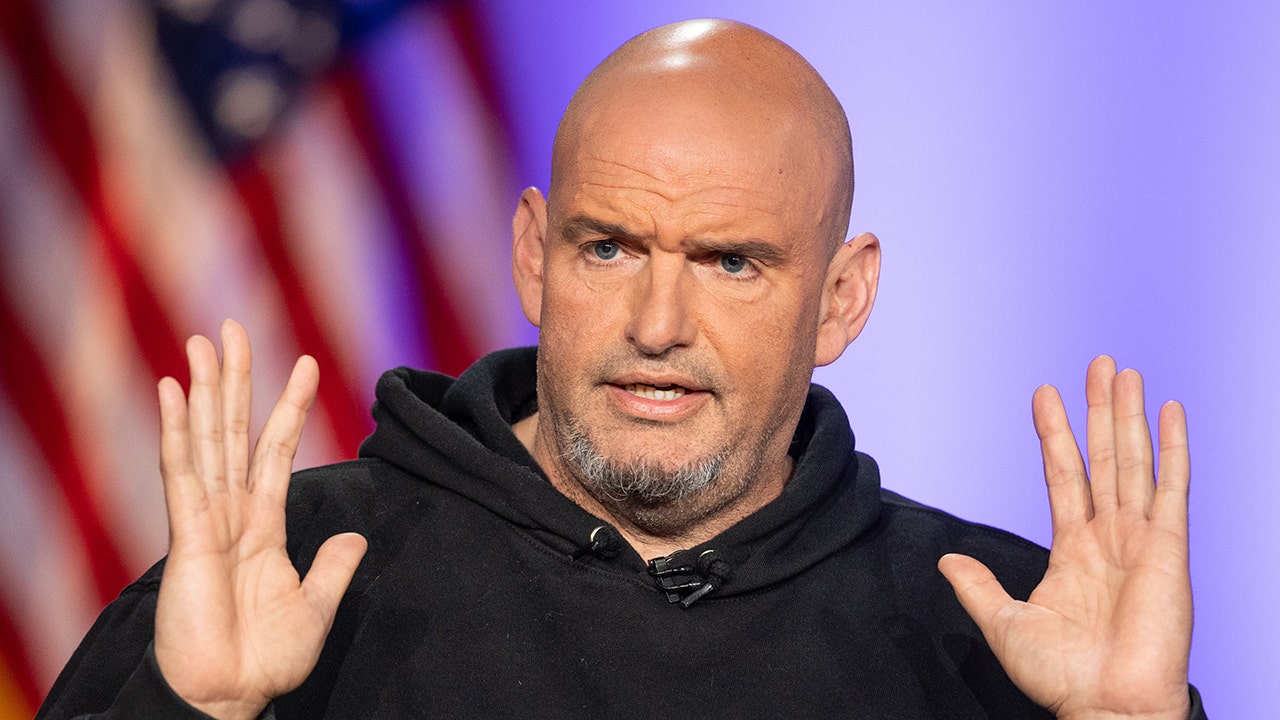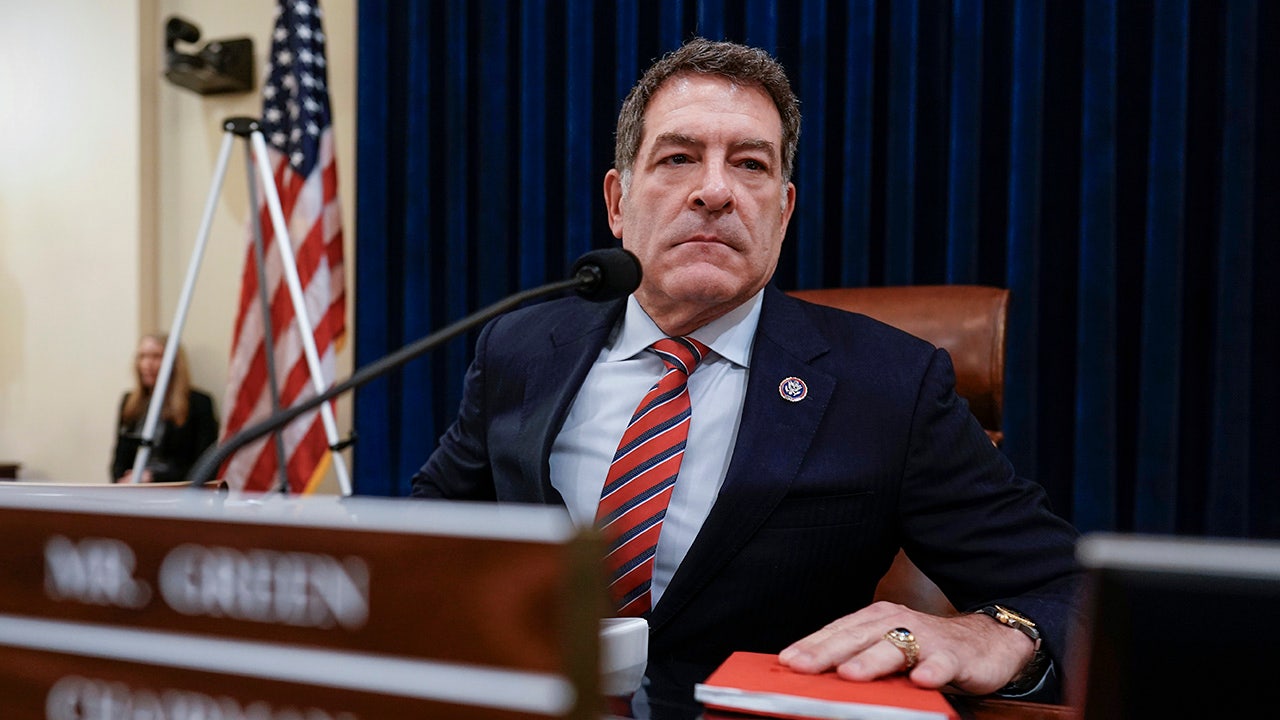Bhoomi (Priyanka Kumar) and Akash (Vijay Krishna) invite their close-knit friends to celebrate their fifth year of being in a relationship. A fun night, propelled by the couple’s musical performance, turns sour when the two break into an argument. Blame game follows, with both of them calling each other selfish.
The impetus for the fight is as small as Akash, a violinist, overshadowing Bhoomi, a flautist, during their performance. Why are they so fragile in understanding each other despite being together for five years? Well, if time were a measure of a relationship’s health, we wouldn’t have witnessed late-life divorces.
Doora Theera Yaana (Kannada)
Director: Mansore
Cast: Vijay Krishna, Priyanka Kumar, Sruthi Hariharan, Krishna Hebbale, Sharath Lohitashwa, Arun Sagar, Sudha Belawadi
Runtime: 135 minutes
Storyline: Musicians and techies Akash and Bhoomi, bound by a five-year relationship, begin to question their future before their wedding. To find clarity, they embark on a soul-searching road trip together
Mansore’s Doora Theera Yaana is a serious relationship drama that speaks about the importance of communication in relationships. The director tries to understand the psyche of people who hold on to a relationship without expressing their expectations from it, primarily out the fear of losing each other.
Akash and Bhoomi decide to go on a one-week vacation to talk their hearts out and decide on their next big step of marriage. From the start, Mansore lays bare the complexities in relationships. What you wear and where you go is often decided by your partner and your response is just a silent agreement.
A still from ‘Doora Theera Yaana’.
| Photo Credit:
Special Arrangement
Amid the tensions, every moment of understanding feels like a small victory for Bhoomi and Akash. And after every heated exchange, they show up the next day and work out a plan, the best way to make the relationship work. Doora Theera Yaana is filled with such sincere and relatable moments.
The couple has it in them to be in great sync during their musical performances. But, marriage isn’t a stage show. You either grind it out daily or break up to live on your own terms. Mansore’s film is a weighty drama that focuses more on the concept of love than on the process of falling in love.
My favourite scene is the one where Akash talks about how he is trying hard to overcome his insensitive nature. During the same conversation, Bhoomi fears that Akash resembles her dad in personality, with both men not understanding what she wants. These are genuine concerns seen in people in love, so often forgotten by writer-directors dealing with the genre.
Despite being a road film, Doora Theera Yaana doesn’t use nature as a tool to deliver a picturesque experience. In the metaphor-heavy film, the sea is compared with a relationship, as Akash’s friend, a fisherman, talks about how one can’t measure the depth of the ocean without getting to the bottom of it. The melancholic cinematography and the soothing music maintain the soul-searching mood of the central characters, ensuring that the audience aren’t distracted by the beauty of the backdrop.
ALSO READ:‘Hebbuli Cut’ movie review: A sharp narrative on caste bias with an engaging screenplay
In the final act, we are told how Akash and Bhoomi are chalk and cheese in their worldviews. Bhoomi is career-oriented while Akash, perhaps, wants to see where he goes with his musical talent, before thinking of settling down with a full-time job. The manner in which the couple understands that they want separate things from each other is quite unconvincing. During the trip, Akash and Bhoomi meet strangers, who come across as therapists offering a different perspective on life and relationships. Mansore spends very little time on this plot point, reducing the intended impact of the idea.
The over-reliance on poetic language dents the organic flow of Doora Theera Yaana. I wish the film relied on circumstances to reveal the true selves of the characters. I wish the film had a lot more intensity during its closing portions. From the trivial, the arguments had to get more weighty. When a line in one of the songs says, ‘There is heaviness stirring inside despite being relieved’, you had to feel the pain of separation. That said, Doora Theera Yaana is a one-of-its-kind attempt in Kannada cinema. A full-fledged drama in the era of event films is a bold step.
Doora Theera Yaana is currently running in theatres





